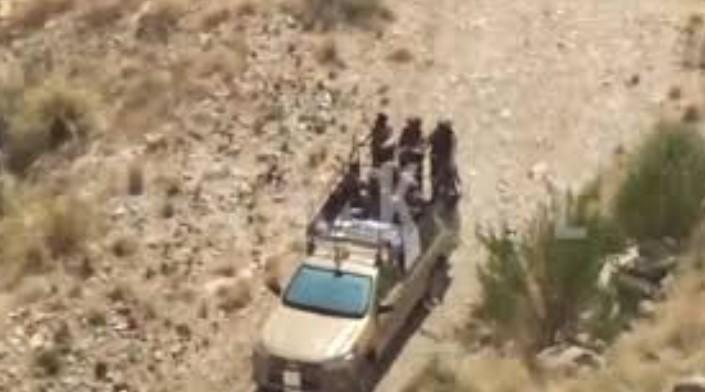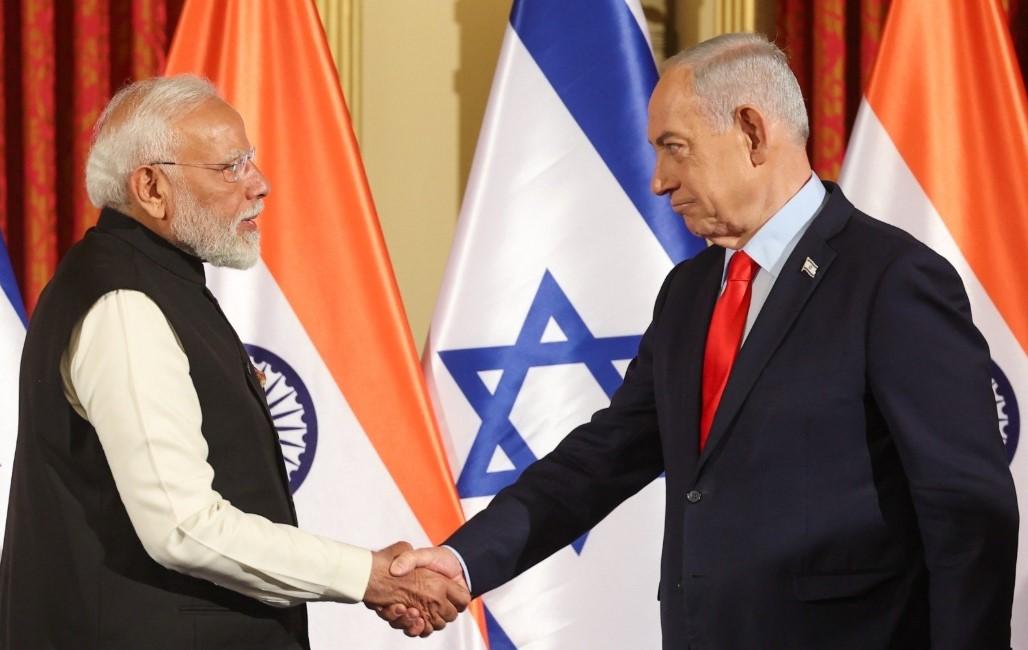In a double-whammy for Pakistani forces amid India's Operation Sindoor targeting terror infrastructure, the Baloch Liberation Army (BLA) has claimed responsibility for two separate attacks in the Bolan and Kech regions of Balochistan province, reportedly killing 14 Pakistani Army personnel.
14 Pakistani soldiers killed in twin attacks
In the first attack, the BLA's Special Tactical Operations Squad (STOS) executed a remote-controlled IED attack on a Pakistani military convoy in the Shorkand area of Mach, Bolan. The explosion reportedly killed all 12 soldiers on board, including Special Operations Commander Tariq Imran and Subedar Umar Farooq. The military vehicle was completely destroyed in the blast.
In another operation, BLA fighters targeted a Bomb Disposal Squad of the Pakistani Army in the Kulag Tigran area of Kech. The remote-controlled IED detonated around 2:40 pm on Wednesday while the unit was conducting a clearance mission. Two personnel were killed in the attack.
Baloch Liberation Army claims responsibility
According to Jeeyand Baloch, spokesperson for the Baloch Liberation Army, the hired killers who call the Baloch Liberation Army a foreign proxy should know that the Pakistani army itself is a mercenary armed gang that thrives on Chinese capital and Papa Jones. The meaning of the army's uniform shifts--sometimes guarding ports, guarding corridors, serving the satisfaction of lenders. An army that determines its direction according to the will of changing masters in every era is not a national army, but a commercial one. The attacks on this mercenary occupying army by the freedom fighters of Baloch land will continue with greater intensity.
The recent attacks highlight the deep-rooted and ongoing conflict in Balochistan, where separatist groups have long sought independence, accusing the Pakistani state of political exclusion, economic exploitation, and systemic human rights violations. These groups argue that while Balochistan is rich in natural resources, the profits are reaped by the central government and foreign entities, leaving local populations in poverty and neglect. The heavy military presence is widely perceived not as protection, but as suppression, intensifying local resentment and driving continued insurgency. The widening gap between Baloch nationalists and federal authorities thus remains a major source of instability in the region.



